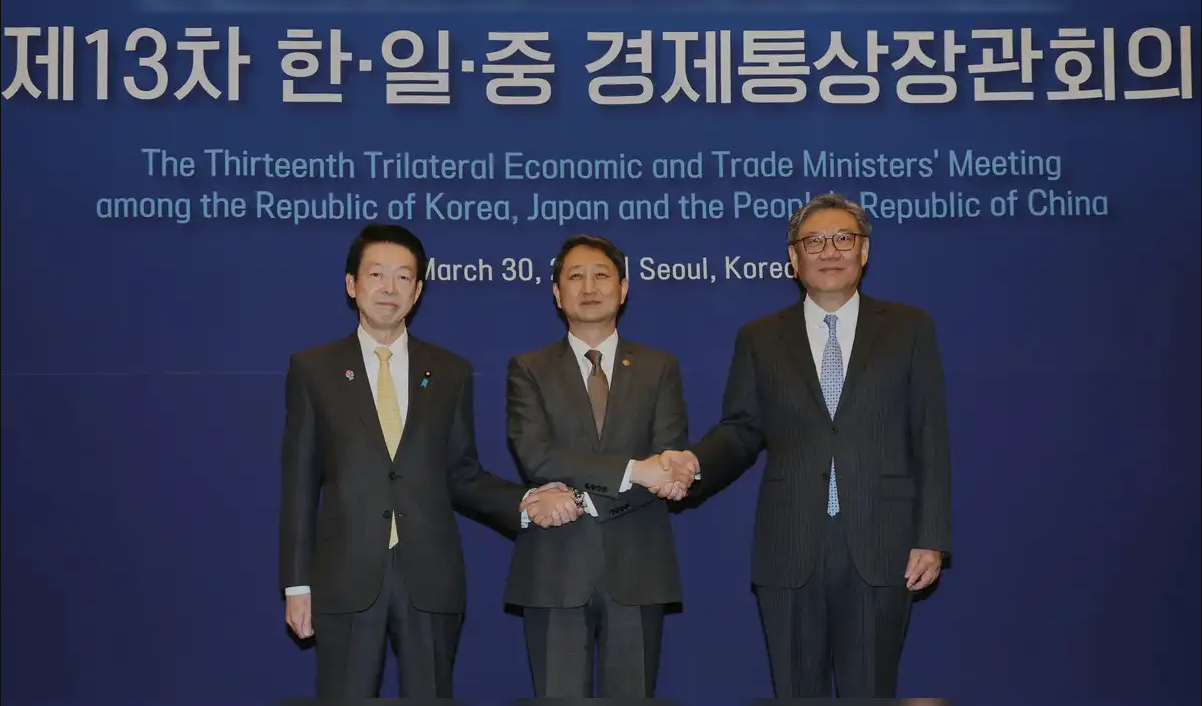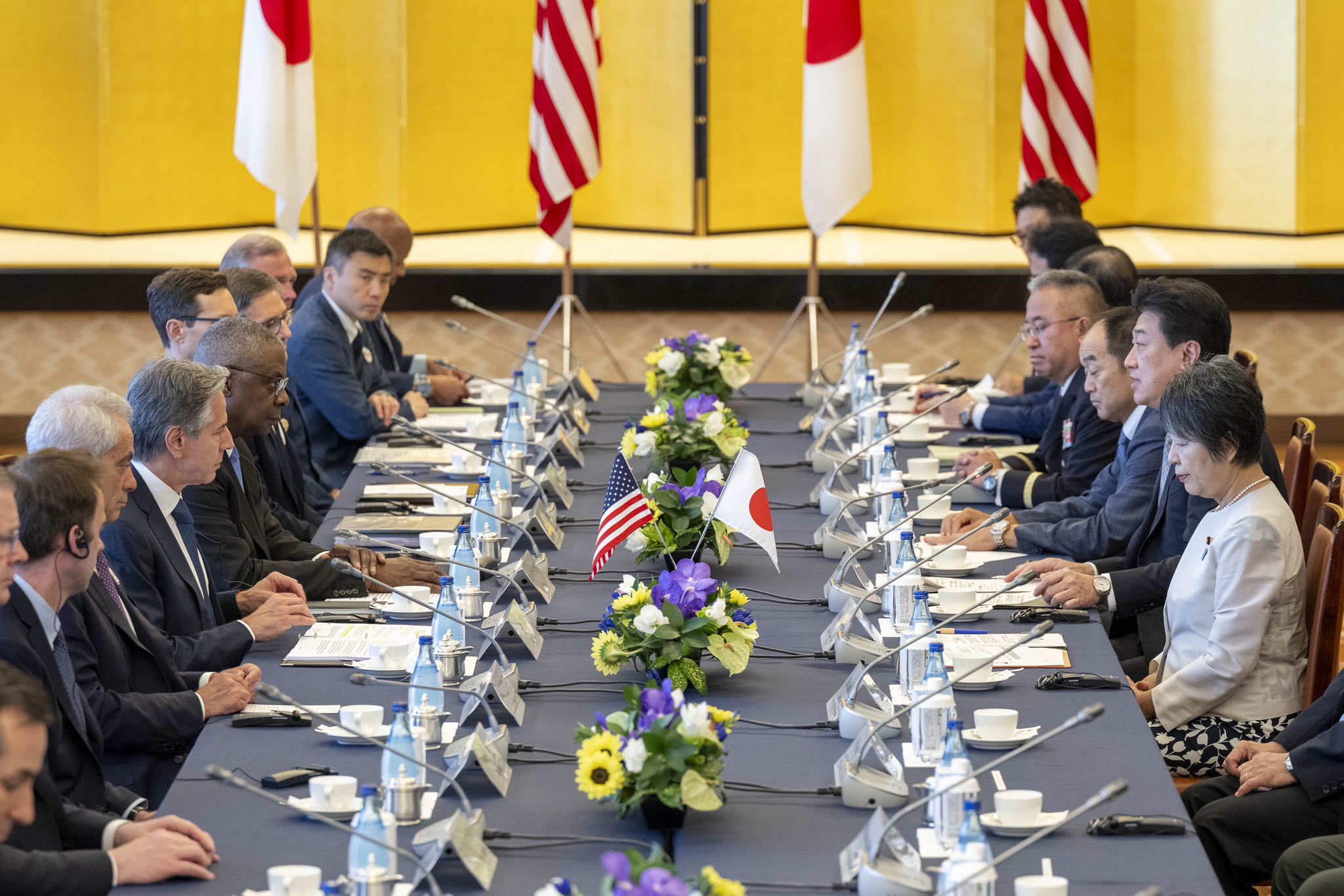
Zhang Yun, Professor, School of International Relations, Nanjing University
Apr 11, 2025
The tariffs will not spell the end of alliances between the United States and Japan or South Korea, but they are likely to promote a strategic awakening in both countries and accelerate the integration process in East Asia.

Zhang Yun, Professor, School of International Relations, Nanjing University
Aug 14, 2024
Tokyo has questioned the reliability of U.S. nuclear protection and has put the issue high on the agenda. Lasting peace in East Asia, however, cannot be achieved simply through nuclear power. The way forward is to focus on common security efforts and include all parties in the discussion.
Zhang Tuosheng, Principal Researcher at Grandview Institution, and Academic Committee Member of Center for International Security and Strategy at Tsinghua University
Jun 06, 2023
Four key opportunities present themselves in Northeast Asia, and it's important to grasp them while we can. Compared with the various major structural challenges in the region, the opportunities are few and small. But there are signs that the situation is improving, albeit slowly.
Zhang Yun, Professor, School of International Relations, Nanjing University
May 16, 2023
Extended deterrence by the U.S. and ROK, as well as the framing of security as a regional issue requiring alliances, illustrates the spread of NATO-style security thinking. From China’s perspective, this will result in a further imbalance in the region’s security order and requires resolute opposition.
Wang Fudong, Assistant Research Fellow, Institute of International Economics and Politics, Shandong Academy of Social Sciences
Apr 14, 2023
The negative impact of what appears to be a new cold war in East Asia — even as the U.S. forcefully pushes for U.S.-Japan-ROK cooperation — should not be underestimated. There are obvious obstacles within the alliance that will make moving forward difficult.
Richard Javad Heydarian, Professorial Chairholder in Geopolitics, Polytechnic University of the Philippines
Feb 28, 2023
Japan seeks to further develop its partnerships with ASEAN countries and neighboring states to reassess its place globally amidst tensions between the U.S. and China.
Zhang Yun, Professor, School of International Relations, Nanjing University
Feb 07, 2023
Jens Stoltenberg, NATO’s head, visited South Korea and Japan recently on a proselyting mission to spread the concept of military deterrence. But China and others have adopted more benign security concept. The region cannot afford to repeat the mistake of replacing dialogue with a show of force.
Zhang Yun, Professor, School of International Relations, Nanjing University
Jan 19, 2023
A approach to regional security that’s heavily based on deterrence will only lead to more insecure outcomes. Military strength is an important component, but it should not be pursued to the virtual exclusion of diplomacy. Regional consensus is essential.
Sajjad Ashraf, Former Adjunct Professor, National University of Singapore
Nov 09, 2022
The rapid decline in understanding between China and the U.S. has sparked concerns over the peaceful transition from one dominant power to the other.
Zhang Tuosheng, Principal Researcher at Grandview Institution, and Academic Committee Member of Center for International Security and Strategy at Tsinghua University
Oct 31, 2022
Positive trade mechanisms have emerged. China remains committed to developing its relationship with the U.S. The recent tension over Taiwan was controlled. Such things and others are a basis for optimism, not despair.